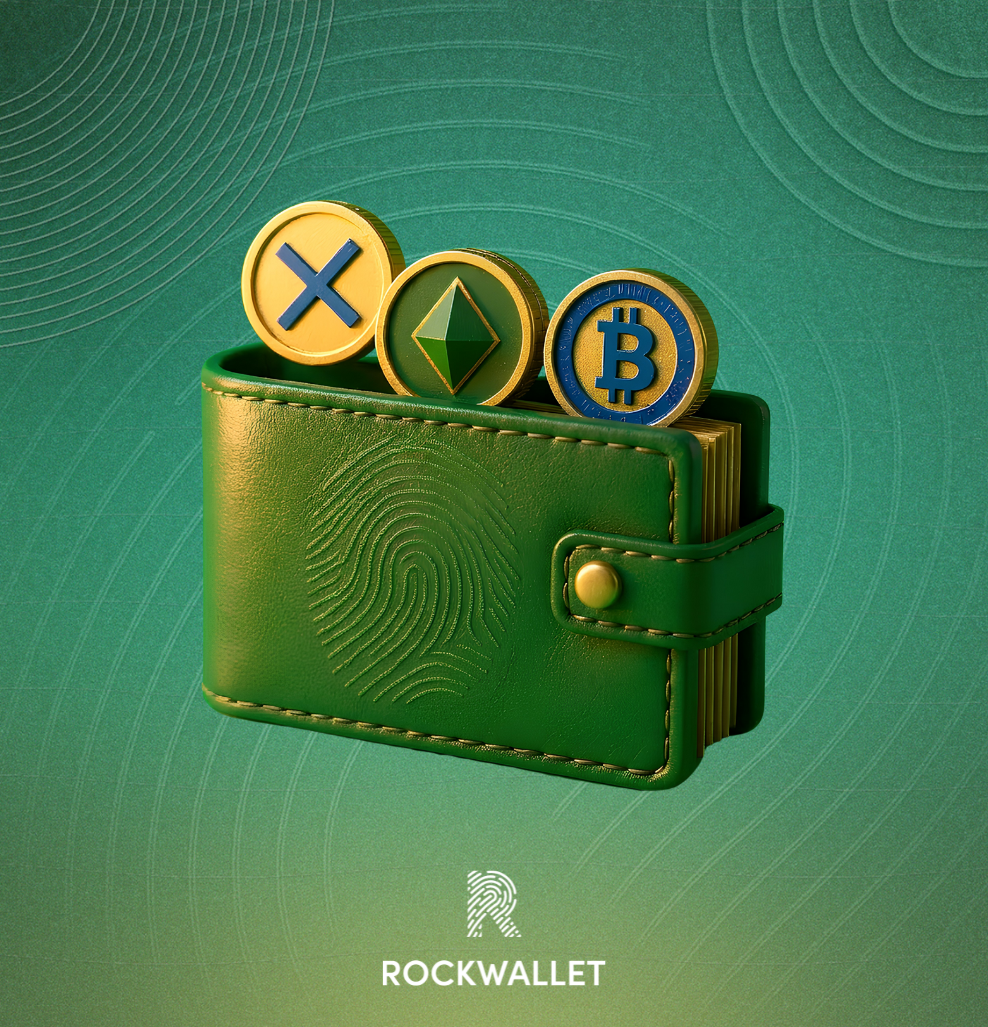
Custodial vs self-custodial wallet pros and cons
Learn the pros and cons of custodial and self-custodial wallets, including the security and risks.

Learn the pros and cons of custodial and self-custodial wallets, including the security and risks.
Digital currency wallets allow users to hold and exchange digital assets by connecting to and interacting with a particular blockchain network. But how are these wallets safe? Each wallet generates a unique address that acts as an identifier to locate your digital assets on the blockchain. So, you can rest assured that each wallet exclusively tags your assets.
Crypto wallets have two types of keys:
Before choosing between custodial and self-custodial wallets, you need to know how the two options differ in key management.
Custodial wallets work as a third party with access to your private key, much like a bank does. The third-party has complete control over your digital assets, and all you need to do is give the green light before sending and receiving payments. Easy.
Self-custodial wallets are the original protocol for crypto technology, and give you complete control over all your virtual moolah, including your private key. They also offer more freedom with how you choose to move your coins around.
You should consider the following factors before deciding whether a custodial versus self-custodial wallet is right for you.
Custodial wallets are less secure when compared to self-custodial wallets. As a third-party handles sensitive user data and keeps it on the internet, it poses the risk of cyber breaches. With self-custodial wallets, the user has complete discretion over how and where they keep their private keys and recovery phrase. So write it down on paper and not on your smartphone’s ‘notes application’!
To access your funds and details online, you need to log in to your custodial wallet and request a transaction via a centralized authority. The entire process requires internet connectivity and takes up a fair bit of time, and is not the best option if you are always on the move and need things done fast.In self-custodial wallets, there is no such prerequisite. You can view and manage your funds through software that lives locally on your computer, or through a mobile app.
Fund recovery is a significant factor to consider. Custodial wallets allow users to regain access to their funds when they lose their login credentials, as they can rely on the third-party application to retrieve the private key.The process differs for self-custodial wallet users. Once you lose your private key and the accompanying recovery phrase, it is lost in the blockchain forever. Consider it similar to losing the key to your home and it's the only one you had.
Let's discuss the pros and cons of using custodial and self-custodial wallets.
Custodial wallet pros:
Custodial wallet cons:
Self-custodial wallet pros:
Custodial wallet cons:
As Bill Gates puts it, ‘the future of money is digital currency.’ And that future lies in your hands. Your choice in custodial versus self-custodial wallets largely depends on how you see yourself traversing the digital asset economy in the years to come. But hopefully, this article gives you a solid overview of the differences and pros and cons of comparing each type, to help you make an informed decision.